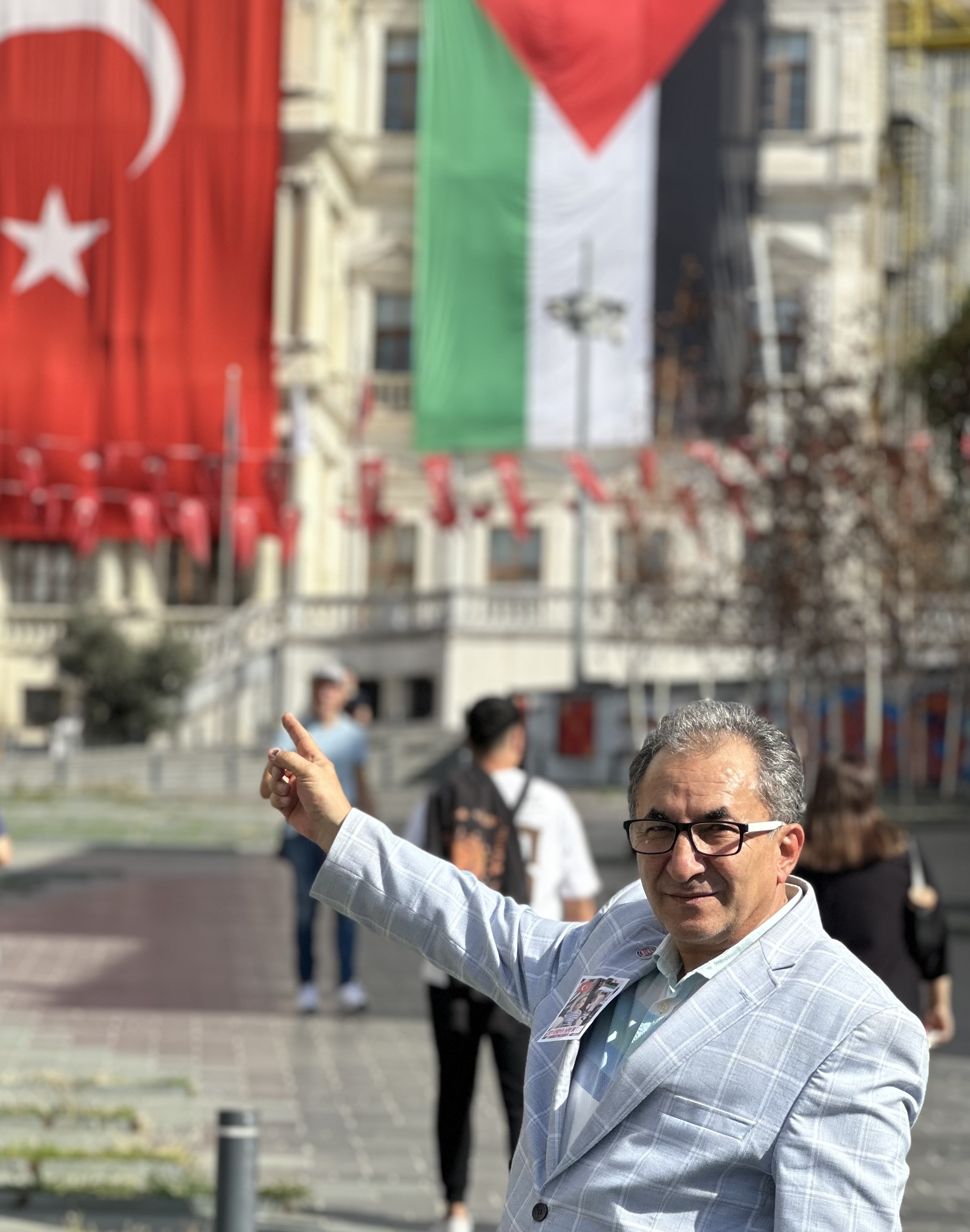When the Palestine-Israel War began, analyses were initially made based on conventional power elements. Evaluations were made regarding Israel's military strength, ammunition capacity, the significance of MOSSAD as the world's most important intelligence agency, the potential involvement of the United States warships deployed to the Eastern Mediterranean in the conflict, and the threat power it posed from this perspective. In these assessments, little chance was given to the resistance that Hamas would put up.
When Israel began its bloody operations, the political discourse adopted included a threat of war against regional countries. This led the Muslim countries in the region into deep silence. The message from the leaders of Muslim neighbors of Judah was clear: 'If you don't want to lose your seats, stay silent!'
The bitter part of the matter was that in Israeli Prime Minister Benjamin Netanyahu's message, it seemed as if the public opinion in Egypt, Jordan, Syria, or Saudi Arabia did not matter, and the picture emerged that leaders in these countries were in power not because of public support but rather with the consent of Israel. In the face of this humiliating attitude, there has been no substantial reaction from the relevant state leaders yet. It is crucial that the governments of Egypt and Jordan rejected the demands of the United States and Israel regarding the displacement of the population in Gaza. This is a significant development.
Fifty days have passed since the beginning of the war. Hamas fighters have shown extraordinary faith and determination in defending Palestinian territories against the occupying Israel. Meanwhile, Israel, in order to cover up its failure in the war, killed civilians and literally turned into a terrorist state.
During this period, extraordinary changes occurred in the world. While in the 1970s, global political debates, including university students and academics, were determined by the dynamics of the right-left conflict and the Cold War, the issue of Palestine was at the center of political discussions.
Today, in the face of Israel's genocide against the Palestinian people, the streets of the world are beginning to come alive, just as they did in the 1970s. People around the world, except for African Muslims, are supporting the Palestinian cause, including Western countries such as the United States, Spain, England, Scotland, and Ireland. While the fire ignited by Hamas spreads globally, it seems that the Palestinian people are opening the doors to the end of one century and the beginning of a new century.
 Today, people in Christian countries, besides Muslim populations, are also supporting Palestine. It is estimated that at least 2.5 billion people are standing with the Palestinian people. In this regard, we can say that the Kassam Brigades, with 10,000 members, have managed to win the support of the vast majority of the world's population. Certainly, behind this global support for Palestine is also a growing reaction to the domination of Zionism over Western states.
Today, people in Christian countries, besides Muslim populations, are also supporting Palestine. It is estimated that at least 2.5 billion people are standing with the Palestinian people. In this regard, we can say that the Kassam Brigades, with 10,000 members, have managed to win the support of the vast majority of the world's population. Certainly, behind this global support for Palestine is also a growing reaction to the domination of Zionism over Western states.
In other words, the resistance of the Palestinian people against the Israeli genocide is creating a spirit of resistance all over the world. This spirit reflects a virtue and a search for morality that will grow even further in the future. The justice fire ignited by the Palestinians continues to spread globally.
The German people carefully listened to the statements made by President Recep Tayyip Erdoğan and German Chancellor Olaf Scholz in their joint press conference. They interpreted the clear difference between the statements of the two leaders as the statements of the president of a free country and the prime minister of a captive country. Not only Germany but most Western states are in the clutches of Zionists. No one could have predicted that the Palestinian resistance would have such significant consequences. A new era is dawning.




